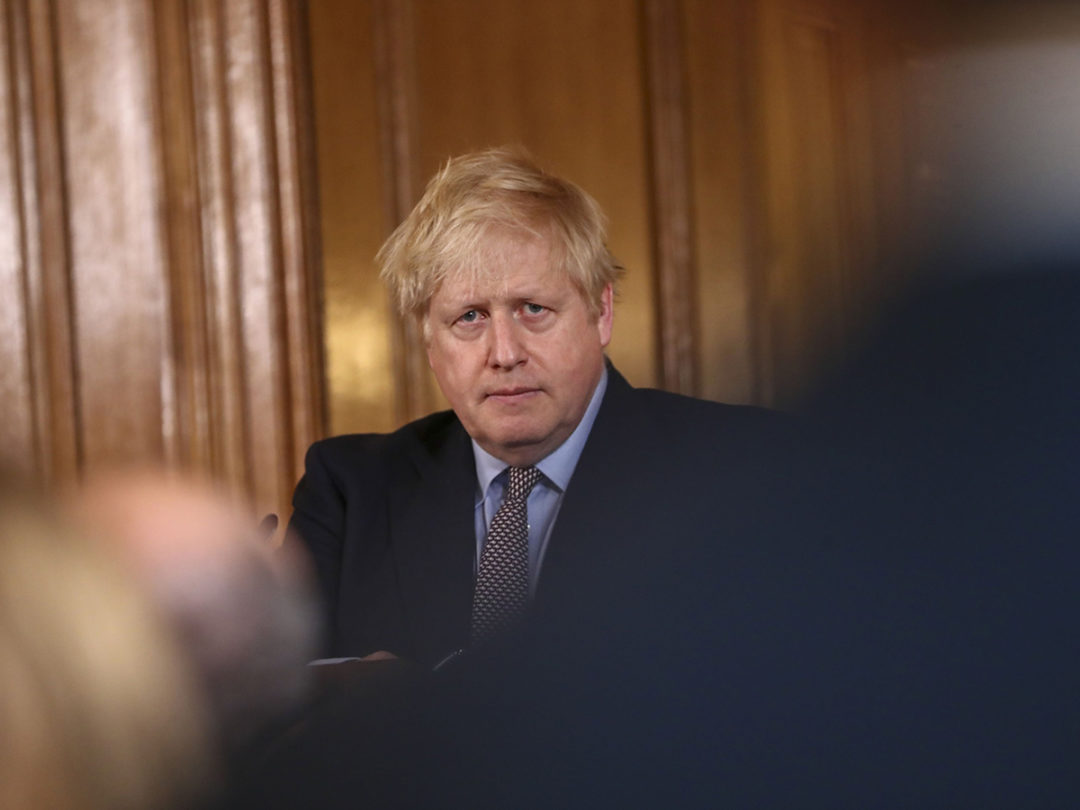
Visit Our Sponsors |
|
|
|
|
|
|
|
|
|
|
|
|
|
|
|
|
|
|
|
|
|
|
|
|
|
|
|
|
|
|
|
|
|
|
|
|
|
|

Faced with a supply-chain squeeze that’s increased prices across the economy, the U.K. government is seeking to recast the crisis as a good news story for British workers.
A shortage of staff in haulage, agriculture and meat processing is causing significant disruption, with soldiers now intervening to ensure gasoline stations have supplies. It’s forcing firms to offer higher wages, threatening to drive up costs further for consumers contending with increases in tax and energy bills. Inflation is already on course to exceed 4% this year.
At the governing Conservative Party’s conference in Manchester, though, the narrative was rather different.
Asked about the issue in a series of interviews, senior Tories, including Prime Minister Boris Johnson and Chancellor of the Exchequer Rishi Sunak, sought to repaint the rising costs as a part of a broader, positive development.
“I don’t think anyone plans to have supply chain challenges, the likes of which we’re seeing,” Sunak said on Times Radio on Monday. “But I mean more broadly, do all of us want to see a higher skill, higher wage economy? Of course we do. That’s a good thing for the U.K.”
Higher-paid jobs are part of the U.K.’s post-Brexit transition away from a low-wage economy, they said. Sunak said the shortages could force companies to boost investments and increase productivity.
The trouble is that steep wage increases without any corresponding increase in productivity is far from positive, economists say. The situation could lead to a jump in unit labor costs that will likely worry Bank of England officials. With wage increases also confined to specific industries, there’s also a risk that real incomes drop because of the effect of inflation.
RELATED CONTENT
RELATED VIDEOS
Timely, incisive articles delivered directly to your inbox.

